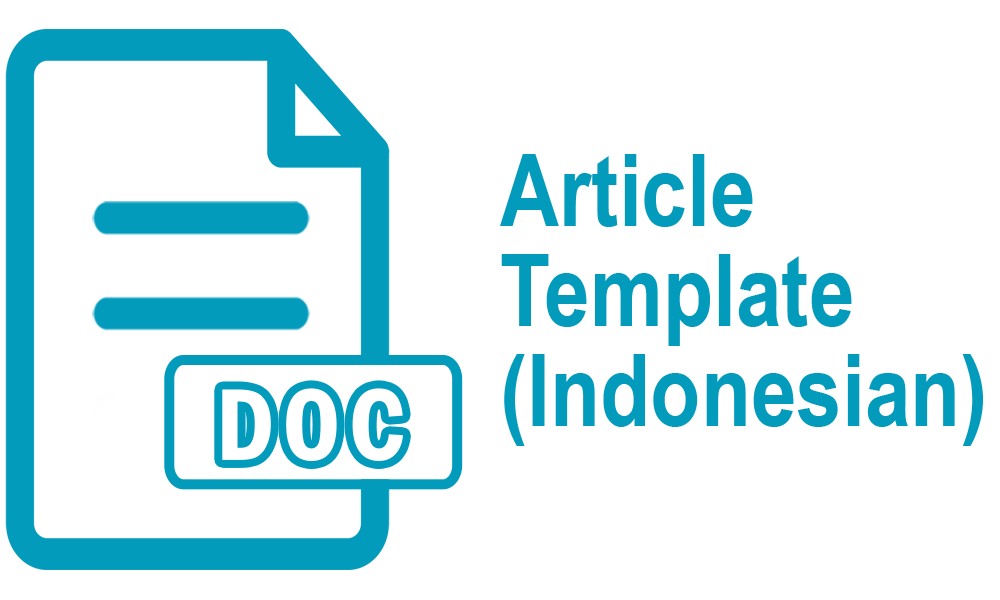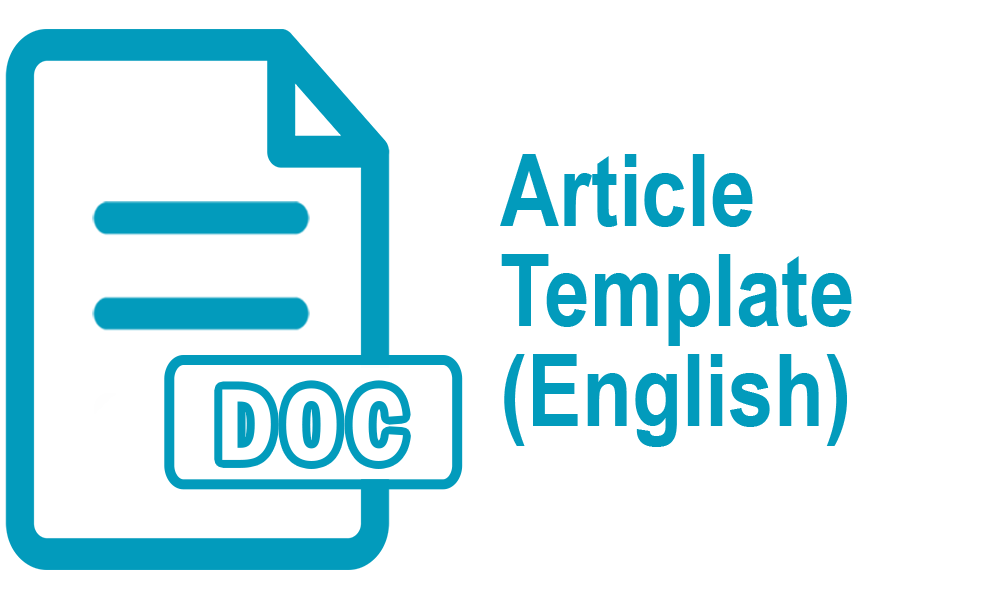Reflection Of Children’s Happiness By Coraline’s Character In Coraline Film
Abstract
This study concerns the reflection of a children's happiness in the Coraline film. The purpose of this study is to find some reflections of the happiness of Coraline's character through the situations described in the film that can be seen from several aspects. This study used the theory of happiness by Martin Seligman. Happiness has five aspects consisting of (1) Positive Emotion, (2) Engagement, (3) Positive Relationship, (4) Meaning and (5) Accomplishment. This research included qualitative descriptive research, this study used qualitative research to analyze the problems associated with happiness on the Coraline's character and in this study the approach applied a psychological approach, the data source was taken from the Coraline Film. The researcher used qualitative research to analyze the dialogue script of Caroline's character in the Coraline included in the aspects of happiness by Martin Seligman's theory. The results of the study showed that the happiness found in Caroline's character in the film is not all through the right way. When Coraline finds a home from another world, and there is a family that is very similar to her real family, Coraline begins to feel the happiness she gets when living conditions are fine. In fact, all of that is not a real happiness, but rather create problems for Coraline's life. Thus, from every feeling of happiness that Coraline’s feels, she tries to recognize and feel that not all the happiness she feels is real happiness according to what she wants to achieve.
Full Text:
PDFReferences
"Child Development Theories: Lev Vygotsky" first discoverers online. first discoverers, 2020. Web. 2021
"Piaget's Theory and Stages of Cognitive Development" simply psychology online. simply psychology, 2020. web. 07 December 2020.
"The PERMA Model: Your Scientific Theory of Happiness" positive psychology online. Positive psychology, 2020. Web
“Coraline (2009) - Plot Summary". IMDb. n. d. Web. 2018
“Understanding Character According to Experts.” cherishacademy online, 2020.Web. 22 July 2020.
Farrell, B. A. The standing of psychoanalysis. Oxford: Oxford University Press.1981. Print
Gaiman, Neil. Coraline. London: Bloomsbury, 2003; New York: Scholastic, 2003
Gea, T. B. “Orientasi Nilai Budaya Masyarakat Nias Dalam Maena Pada Upacara Falöwa”. Diglosia: Jurnal Kajian Bahasa, Sastra, Dan Pengajarannya, Vol. 4, no. 4, Nov. 2021, pp. 487-98, doi:10.30872/diglosia.v4i4.215
Harunasari, S. Y., and N. Halim. “Gegar Bahasa Pada Program Pertukaran Mahasiswa Indonesia Di Jepang: Sebuah Studi Kasus”. Diglosia: Jurnal Kajian Bahasa, Sastra, Dan Pengajarannya, Vol. 4, no. 4, Nov. 2021, pp. 401-12, doi:10.30872/diglosia.v4i4.212
Houper, Jeffrey. D. Literature. 5th ed. Arkansas State University, 1997. Print
Jack R. Frankel and Norman E. Wallen. How to Design and Evaluate Research in Education. New York, McGraww-Hill. 2009. Print
Listeani, F. Y., I. Safi’i, and N. Ibrahim. “Kelayakan Instrumen Evaluasi Buku Sekolah Elektronik (BSE) Bahasa Indonesia Siswa SMA Kelas XI”. Diglosia: Jurnal Kajian Bahasa, Sastra, Dan Pengajarannya, Vol. 4, no. 3, Aug. 2021, pp. 375-86, doi:10.30872/diglosia.v4i3.216
Makodamayanti, S., and A. Subiyanto. “Penerapan Pendekatan Word and Paradigm Pada Proses Morfofonemik Verba Bahasa Turki ”. Diglosia: Jurnal Kajian Bahasa, Sastra, Dan Pengajarannya, Vol. 4, no. 3, Aug. 2021, pp. 275-86, doi:10.30872/diglosia.v4i3.181
Martin E. P. Flourish: A Visionary New Understanding of Happiness and Well-being. New York: Free Press. 2011
Nurhasanah, E. “Kajian Alih Wahana Cerita ‘Kedai Kopi Odyssey’ Karya Leopold A. Surya Indrawan Menjadi Naskah Drama”. Diglosia: Jurnal Kajian Bahasa, Sastra, Dan Pengajarannya, Vol. 5, no. 1, Feb. 2022, pp. 175-94, doi:10.30872/diglosia.v5i1.355
Pickering, James. H. Concine Companion to Literature. New York: Macmillan, 1981.
Rudd, David. An eye for an I: Neil Gaiman’s Coraline and Questions of Identity. UBIR: University of Bolton Institutional Repository. 2008. Print
Rustam, R., and P. Priyanto. “Pembelajaran Tamadun Melayu Jambi Berbasis Outcome-Based Education (OBE) Berorientasi Produk Kreatif ”. Diglosia: Jurnal Kajian Bahasa, Sastra, Dan Pengajarannya, Vol. 5, no. 2, May 2022, pp. 359-76, doi:10.30872/diglosia.v5i2.284
Seligman, Martin E. P. Authentic Happiness: Using the New Positive Psychology to Realize Your Potential for Lasting Fulfillment, New York: Free Press, 2002
Tarmini, W., A. R. A. Ghani, and M. A. N. Pangaribuan. “Model Pertuturan Anak Down Syndrome SMA Luar Biasa Dian Grahita Jakarta: Kajian Pragmatik”. Diglosia: Jurnal Kajian Bahasa, Sastra, Dan Pengajarannya, Vol. 4, no. 3, Aug. 2021, pp. 247-58, doi:10.30872/diglosia.v4i3.127
Wendra, I. W., and A. A. S. Tantri. “Representasi Mewujudkan Ideologi Pancasila Dan Prinsip Ajeg Bali Pada Tulisan Opini Terbitan Surat Kabar Bali Post (Sebagai Alternatif Pemilihan Materi Pembelajaran Menulis Opini Berbasis Teks)”. Diglosia: Jurnal Kajian Bahasa, Sastra, Dan Pengajarannya, Vol. 4, no. 4, Nov. 2021, pp. 461-72, doi:10.30872/diglosia.v4i4.272
DOI: http://dx.doi.org/10.30872/jbssb.v7i1.6740
Refbacks
- There are currently no refbacks.
Copyright (c) 2023 Rafaela Sugiyono, M Natsir, Indah Sari Lubis
Editorial address:
Fakultas Ilmu Budaya, Universitas Mulawarman
Jl. Ki Hajar Dewantara, Gunung Kelua, Kec. Samarinda Ulu, Kota Samarinda, Kalimantan Timur, Indonesia 75123
Email: jurnalilmubudaya.fibunmul@gmail.com
Website: http://e-journals.unmul.ac.id/index.php/JBSSB
Ilmu Budaya: Jurnal Bahasa, Sastra, Seni, dan Budaya is licensed under a Creative Commons Attribution-ShareAlike 4.0 International License






